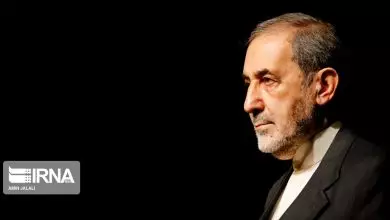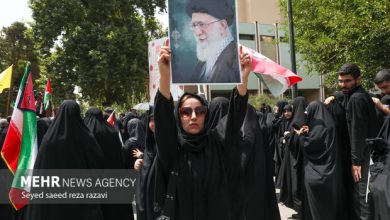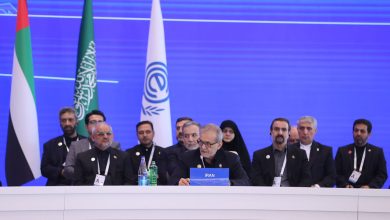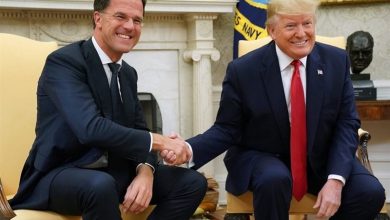Iranian President Strongly Slams US Economic Terrorism at Kuala Lumpur Conference
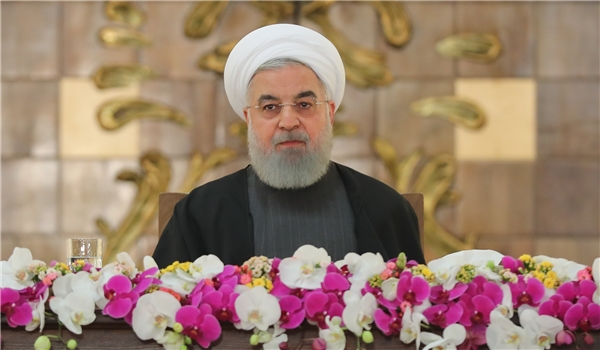
Iranian President Hassan Rouhani used the opening ceremony of Kuala Lumpur Summit 2019 on Thursday to strongly criticize the US sanctions against Tehran, describing them as economic terrorism.
Rouhani outlined the numerous challenges facing the Muslim world in the spheres of economy, security culture and identity, warning that such issues are hampering the progress of Islamic nations both at home and on the international stage.
He slammed sanctions and “economic terrorism” as the main tools in the hands of the US to push ahead with its dominance-seeking agenda and “impose its own illegitimate demands on other countries”.
The Muslim world, Rouhani added, should work to “devise measures meant to get rid of the dollar’s dominance and America’s financial system”.
He added that Muslim countries from North Africa to East Asia have been grappling with a range of “serious” security challenges, including the threats being poised by the US and Israel as well as extremism and terrorism, which Rouhani said “has paved the way for foreign meddling” in the certain states.
The wars in Syria and Yemen as well as the conflicts in Iraq, Lebanon, Libya, and Afghanistan are the result of the “mixture of domestic extremism and foreign interference”, he added.
Rouhani underscored the need for the Islamic Ummah needs to tap into its vast potential to tackle the problems and said, “If we return to our national and Islamic capacities and rely on our internal power, we can turn all those challenges enumerated into an opportunity for progress and development.”
Rouhani referred to Iran’s four decades of “successful experience” in facing a variety of challenges against the nation, particularly those posed to the country by the US, saying the Muslim world can today follow the Islamic Republic’s example to deal with its issues.
The Islamic Republic is “today known as the role model of withstanding and resistance. Following the (1979) Islamic Revolution, Iran has proudly passed three frightening waves,” including terrorism, war and sanctions, the president added.
“I believe that this model can be in the service of the Muslim world,” he emphasized.
The Islamic world, he said, should stay focused on efforts to resolve its main challenges — with the Israeli occupation of Palestine high on the agenda — and refrain from busying itself with unimportant or divisive issues.
Rouhani said the crises gripping Yemen, Syria, Lebanon, Afghanistan and Libya are the outcome of “irresponsible and divisive policies.
To help resolve the conflicts, Muslim states should set the stage for “dialog and interactions” based Islamic teachings on respect for the sovereignty countries, he stressed.
The president pointed to his proposal for the World Against Violence and Extremism (WAVE), which was adopted by the UN General Assembly in 2013, as a basis for efforts to end hostilities and promote peace, dialog and friendship among Islamic nations.
In May 2018, US President Donald Trump unilaterally pulled his country out of the international deal, in defiance of global criticism, and later re-imposed the sanctions that had been lifted against Tehran as part of the agreement.
In response to the move, Tehran has so far rowed back on its nuclear commitments four times in compliance with Articles 26 and 36 of the nuclear deal, but stressed that its retaliatory measures will be reversible as soon as Europe finds practical ways to shield the mutual trade from the sanctions.

